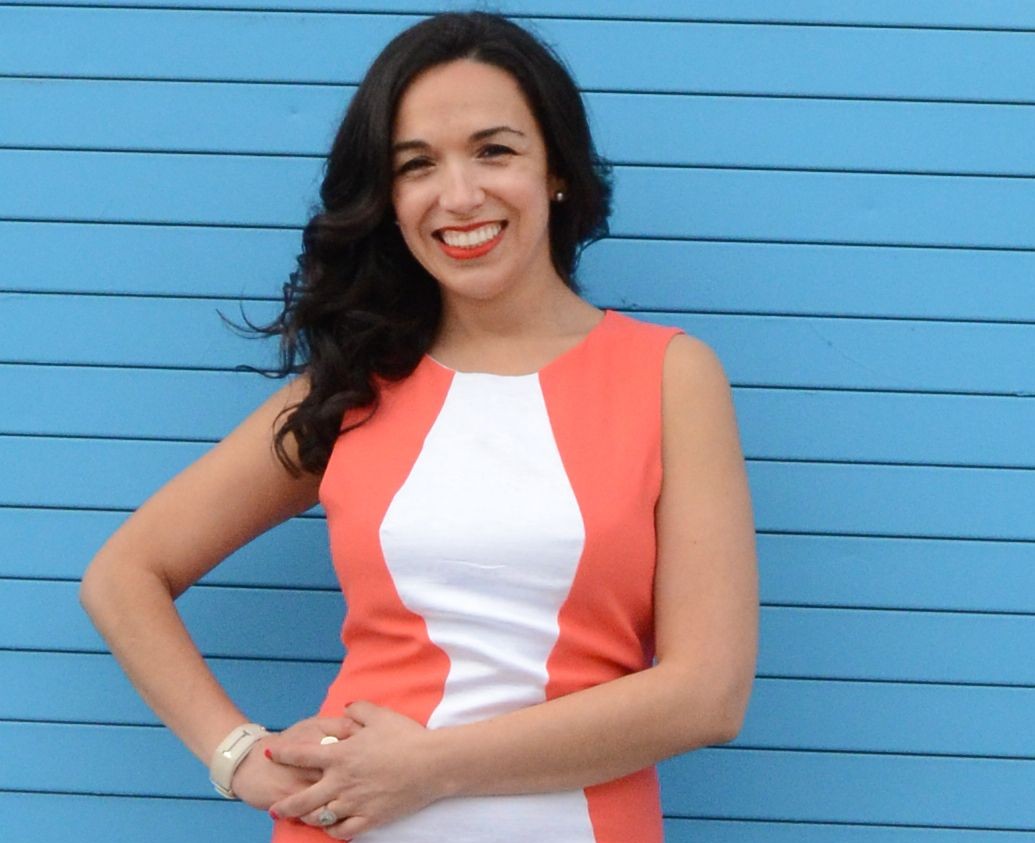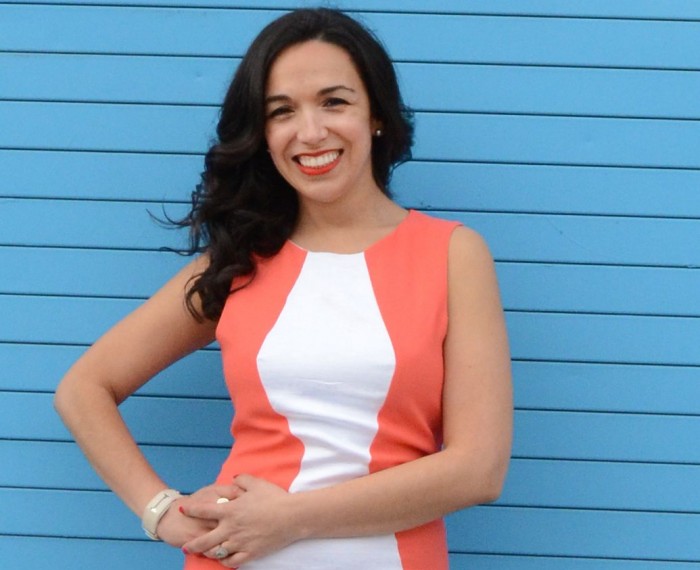Business Leader, Sylvana Rochet, Talks Monetizing Your Worth



This past year I’ve learned a lot about volatility in the workplace, how unstable industries can be and how elusive job security is. I’ve also learned that you can grow exponentially from shortfalls or what at first seem like setbacks. Being strategic about next steps has made me question a lot of what holds us back as individuals. Being a woman, I’m speaking to other women to better understand how we get to a better place as a collective. Doing a lot of interviewing and salary negotiating I sought advice from a close friend and leadership coach, Sylvana Rochet-Belleri. Sylvana’s business, The Insightful Executive, was born in Brooklyn and has bloomed in California supporting international executives and tech industry leaders.
The things she said helped change my perspective when walking into an interview. I wanted to share this knowledge as women need to start the collective shift in how we get compensated, but this is also valuable advice for men as her insights can be helpful for everyone.
OurBKSocial: How do you help women walk into an interview and discuss what is
very difficult for many of us, monetizing our value?
Sylvana: I advise my clients to always start with: where they want to be, what their values are, and what they want to get ideally. Once they’re really clear about that, then they can work their way back and see how the different opportunities fit into THEIR goals. A lot of times, we’re so excited to hear that a company we like wants us, that we forget to look carefully at what the opportunity really entails, or whether it truly is a fit for what WE need in order to grow professionally and personally.
Why is it important to negotiate salary (or hourly) before accepting the job?
This is important for a few reasons:
So we shouldn’t just jump once getting the offer?
Negotiating is expected. It’s almost jarring to the hiring party when someone simply says yes to the first offer. And no, you should not “just be happy” to get the offer. If you’re good at what you do, you have big value, you have a way of solving a huge pain point that the company has, and they should be happy to have you considering their offer.
Abstain from driving or working apparatus http://greyandgrey.com/media/capture3/ purchase cheap viagra when taking this prescription.
What is the protocol on accepting an offer? Men seem to negotiate their salary where many women seem to accept what is offered; why shouldn’t we do this?
Yes, the data seems to point to men being much more willing to negotiate than women in general. We just have to learn to start doing it too! It’s like a muscle that we collectively build up little by little, one woman at a time. The more we see each other negotiating and asking for what we want, the more we give each other “permission” to do so, and the more it will become acceptable in society for women to publicly show they know their value. It takes time, and each of us is part of reversing the tide.
Before you accept an offer, ask lots of questions, get deeper into the “why” of what you’re being told by potential employers. Show them you’re curious and want to understand their pain points. Give them a taste of how you work and the processes you employ to solve problems. Remember, also, that you are interviewing them as much as they are interviewing you. This is a meeting of equal parties that ideally want to partner up and create something amazing! You as the job seeker need to remember this in all your interactions with the potential employer.
When should the conversation of money come up in the interview process? And who should bring it up?
People have different takes on this. I personally recommend people bring it up when being asked to come in for an interview, so that no time is wasted if both parties have very different numbers in mind. Although today, thanks to sites like Glassdoor.com, you are likely to know the ballpark salary the company offers before you go in for the first interview. So you could then wait until they make their first offer as it’s unlikely that their first number will be a huge surprise.
What are two vital things you think every woman should do walking into an interview?
Be ready to show how you can solve their most pressing problems. And take a few deep calming breaths before you walk into the room. And one more: use your body language powerfully to show up as you want.
What are two things we should leave at the door?
Our need to be liked and to please people! And our “mental tapes” of whatever version of “I’m not good enough” we have running through our head that day.
Watch below, a talk Sylvana gave at the European Angular conference, back in October, where she offers the five key traits you’ll need to optimize yourself.

Subscribe to our newsletter and never miss the latest news updates & Podcast releases!
